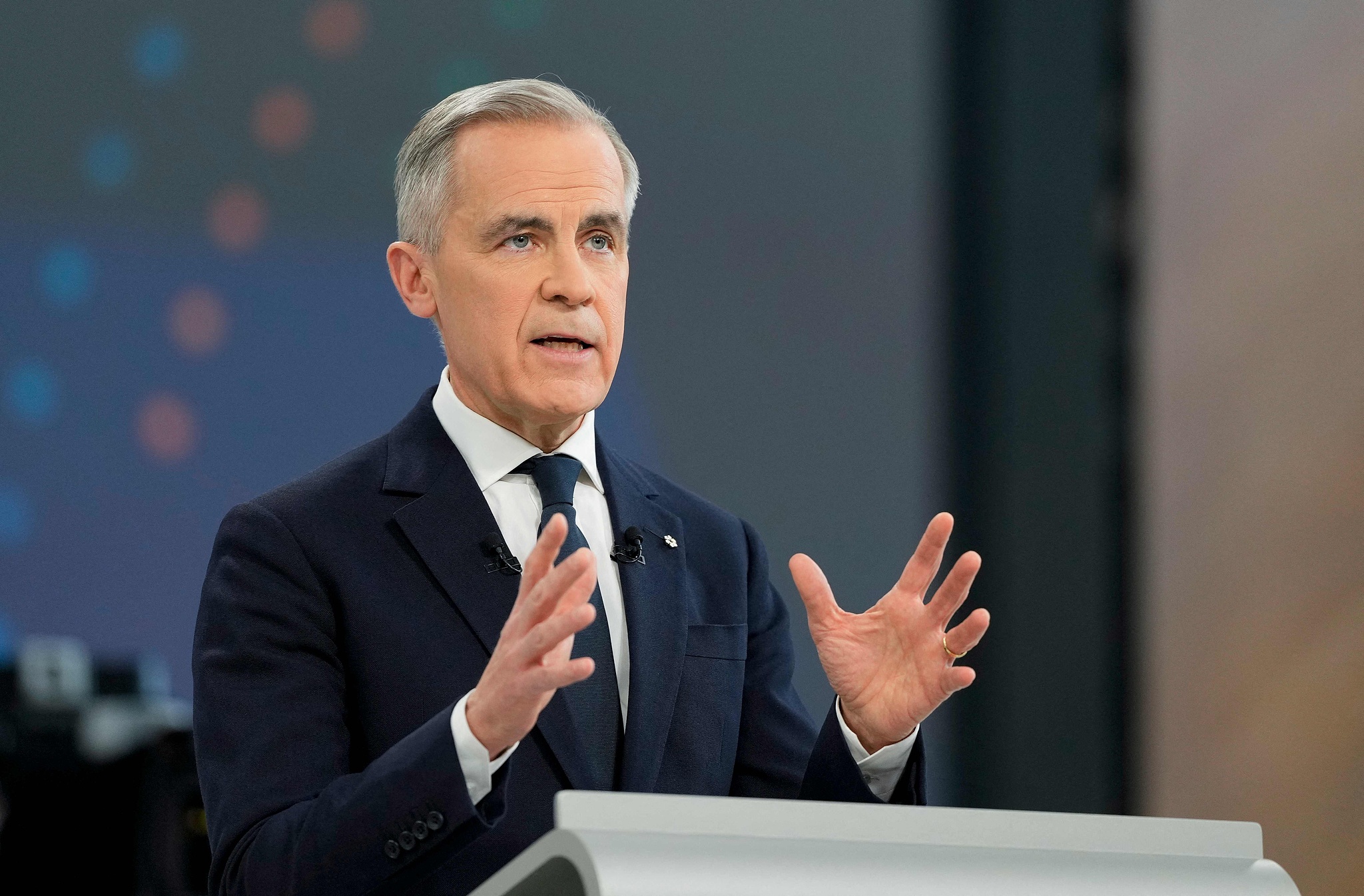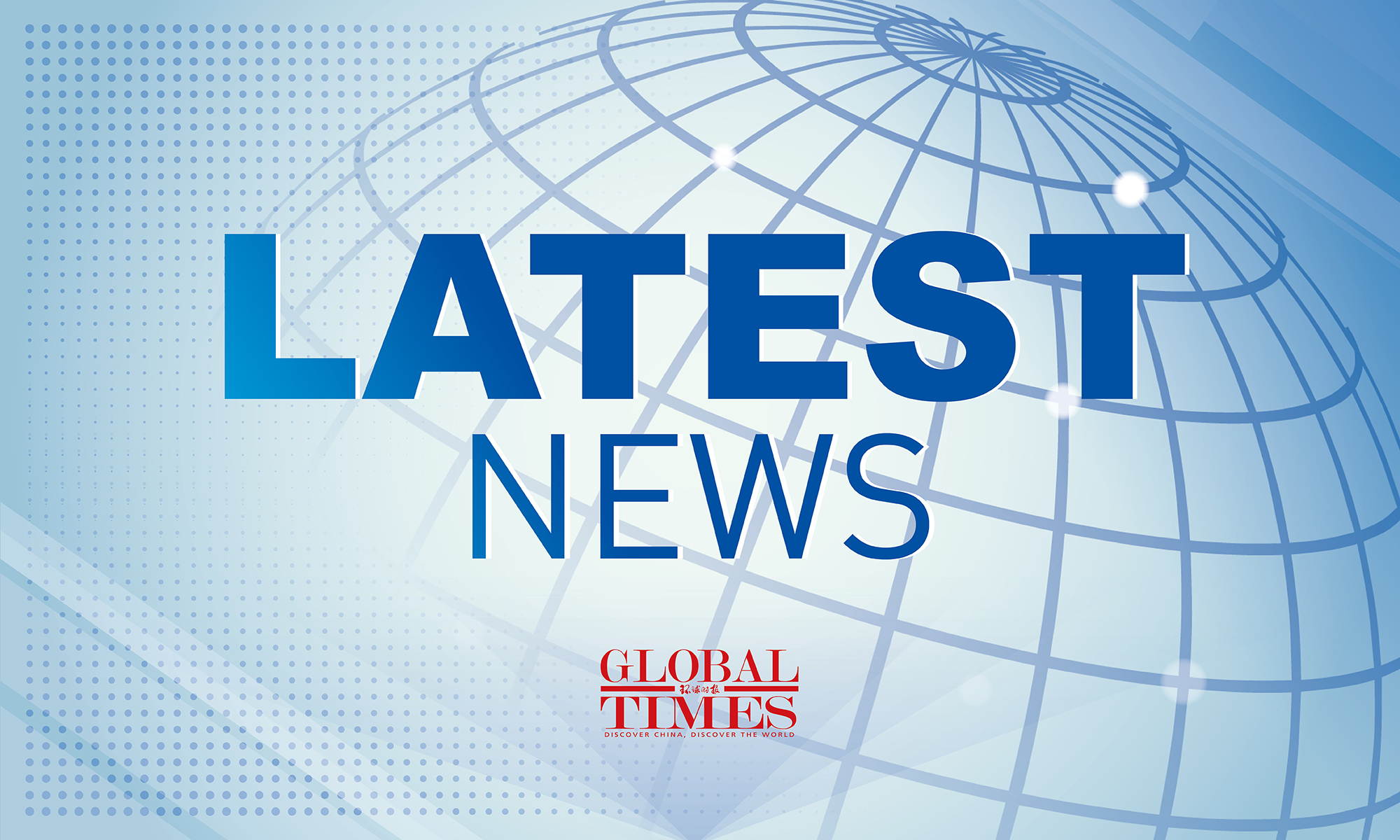Canadian PM's 'China threat' rhetoric largely serves election purpose; Ottawa urged to adopt rational, pragmatic policy toward China: expert

Photo: VCG
In a debate Thursday night ahead of the April 28 election, Canada's Prime Minister Mark Carney said that China is one of the largest threats with respect to foreign interference in Canada; and that there were opportunities for Canada to engage beyond the US and China. A Chinese expert said Carney's rhetoric was largely driven by election needs. Canada, currently entangled in trade frictions with its ally the US, has shown a self - contradictory stance. It acts condescendingly towards China under the banner of Western values, while adopting a victim mentality when criticizing the US. The right way for Canada to engage with Beijing is adopt a rational and pragmatic policy instead of confrontational approach under the current geopolitical uncertainty, the expert said.
During Thursday night's debate, Carney named "China" as Canada's biggest national security threat, according to Reuters.
At a Friday news conference in Niagara Falls, Carney said Canada has to counter Chinese foreign interference threats. He also criticized China's partnership with Russia amid the Ukraine conflict, calling it a threat to regional stability in Asia, Reuters reported. Carney claimed China poses the biggest threat "from a geopolitical sense." "We're taking action to address it," he added.
Elections are undoubtedly a key reason behind Carney's tough stance on China; as he aims to show that Canada is defending its so-called "values", Li Haidong, a professor at China Foreign Affairs University, told the Global Times.
Canada, has positioned itself as a leading proponent of values-based diplomacy within the Western world, said Li, noting that as a result, Canada often criticizes countries with values different from those of the West, which once again reveals the hypocrisy of Canada in its foreign policy.
After Carney won the leadership of Canada's ruling party in March, Mao Ning, a spokesperson from China's Ministry of Foreign Affairs expressed hope that Canada would form an objective and rational perception of China, pursue a positive and pragmatic policy towards China, and work with China in the same direction for the improvement and growth of bilateral relations.
When it comes to the US, an ally that Canada is locked in a trade war with, Carney said relationship Canada has had with the US for the past 40 years has fundamentally changed because of Trump's tariffs. If reelected Carney plans to immediately enter into trade negotiations with the Trump administration, according to the Fortune.
Canada imposed retaliatory tariffs on US goods after Washington levied duties on Canadian autos, steel and aluminum, and goods that do not comply with the North American Free Trade deal.
Carney stated Canada would not retaliate dollar for dollar but emphasized that the global trading system is undergoing fundamental restructuring, Reuters reported.
There were opportunities for Canada to engage beyond the US and China, the world's two largest economies, he said.
"There are huge opportunities in Europe, in ASEAN, Mercosur, other parts of the world where we can further deepen, and we should, and I think we will," Carney said.
By criticizing both China and the US in a debate ahead of the election, it can be seen that Canada has demonstrated self-contradiction when on the one hand, it portrays itself as a champion of Western values and condescending toward China, yet portraying itself as a victim when criticizing the US, said Li.
Currently, Canada is also facing difficulties due to global uncertainties, as for the China-Canada relations, Canada should adopt a rational and pragmatic policy towards China instead of engaging in confrontation, said Li.


